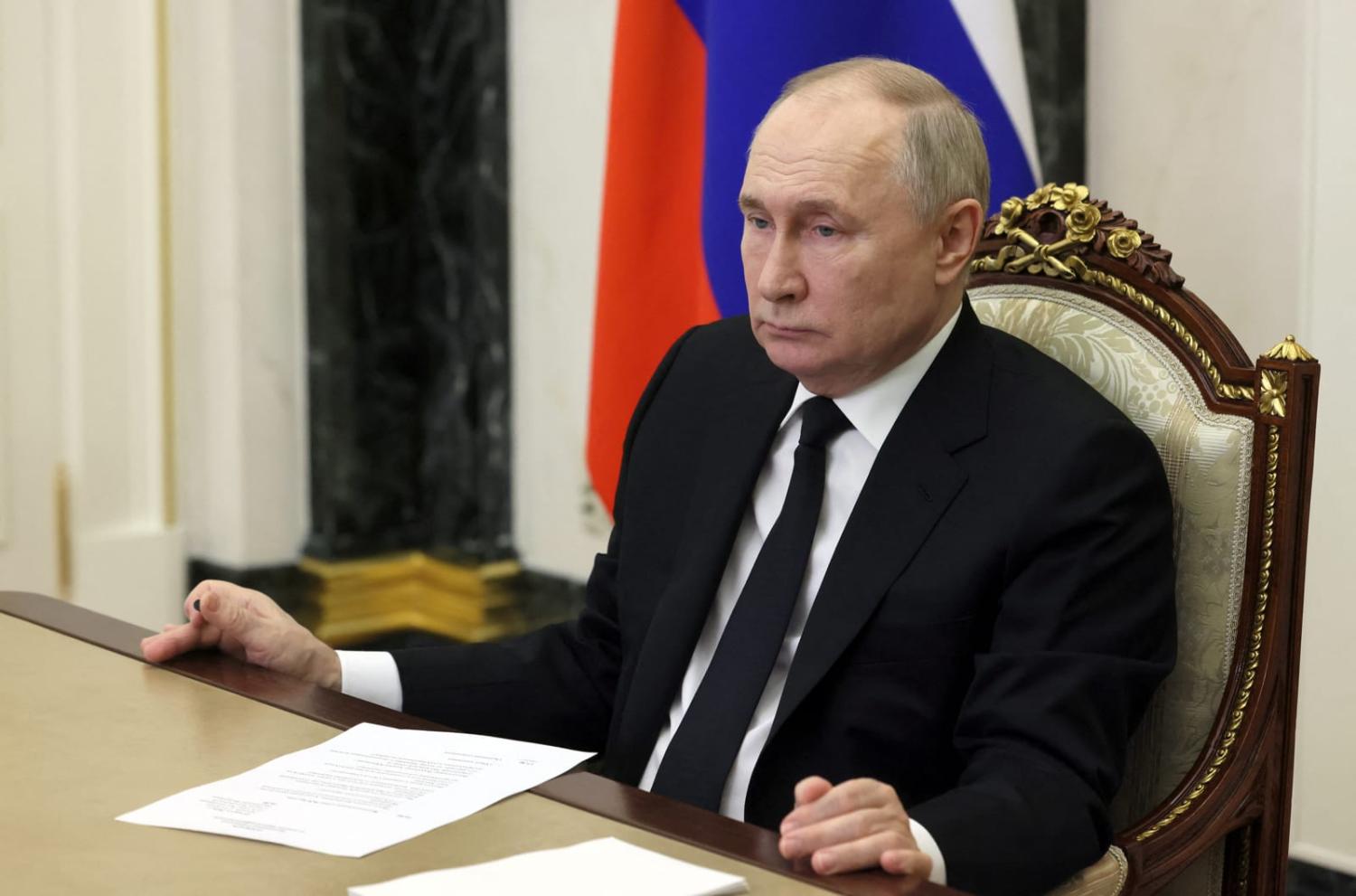As details of the recent terrorist attack in Moscow gradually emerged, the whirlwind of speculations surrounding culpability intensified. Theories ranged wildly from accusations of FSB-orchestrated false flag operations to assertions of failures in Russian intelligence in preventing the attack. But what is now certain is that the attack was indeed perpetrated by the Islamic State, specifically Islamic State Khorasan (IS-K) whose rank-and-file also included Central Asian fighters.
This audacious attack, considered to be the worst terrorist act in Russia in 20 years since Beslan in 2004, saw four gunmen, armed with firearms and incendiary devices, storming Crocus City Hall, a well-known concert venue, sending Russian authorities into a state of chaos.
At the core of the matter lies Russia’s perceived failure to mitigate the attack, coupled with the Kremlin’s efforts to deflect blame onto Ukraine – a manoeuvre seen as an attempt to save face. It has emerged that on 7 March, the US government issued warnings to its Russian counterpart about a potential attack by Islamic State militants, consistent with its longstanding “duty to warn” policy. These warnings were reportedly dismissed by President Vladimir Putin as “blackmail” and “intimidation”.
Given Russia’s strategic pivot to the East and its favourable stance with the Middle East and the so-called Global South nations, a variety of explanations were offered to the international audience – both the baffled and sceptical – regarding IS-K’s seemingly unexpected targeting of Russia. Central to these is the group’s grievances with Russia's unwavering support for Bashar al-Assad’s regime in Syria, most notably during the Syrian conflict, and Russia’s unexpected alliance with Iran, united by the common objectives of opposing the United States and containing Sunni Muslim fundamentalism.
However, beyond the question of who masterminded the attack, the critical issue at hand is the Kremlin’s response in the aftermath. The four attackers, identified as Tajikistan nationals, were captured in the Bryansk region of western Russia. It was evident that they had been subjected to rough treatment prior to their court appearance to face formal terrorism charges. They were allegedly attempting to cross the border into Ukraine. Whether this attempt provided a convenient pretext for the Kremlin to accuse Ukraine of involvement in the attack, an accusation that Ukraine has steadfastly denied, remains unclear.
The fact that Putin conspicuously avoided any mention of involvement by Islamic State in the attack is also notable. There are several arguments to be made for Russian government insistence on attributing the blame to Ukraine. Chief among the reasons is that the Kremlin sees an opportunity to exploit national grief by blaming Ukraine, thereby hoping to mobilise more troops for Russia’s war in Ukraine.
Amid this speculation, what may potentially be overlooked is the additional underlying motive behind the Russian government’s determination to attribute the attack to Ukraine, which could extend beyond merely delegitimising the latter. This strategy is also likely to conceal the Kremlin’s own heavy-handed internal approach towards its Islamist insurgents and anti-Russia rebels within the North Caucasus republics and Central Asia, a problem that has long plagued the Russian government.
One of the most significant consequences of the US wars in Afghanistan, Iraq and anti-terrorism operations elsewhere over the last two decades has been the erosion of America’s image among the populations of its key security partners in the Global South countries. This has been compounded by the operation of black sites where torture was administered. Russia’s influence has meanwhile seen some success in African states, while its undeniably strategic engagement with Muslim communities, both domestically and abroad, has been accentuated as American influence wanes. The Kremlin has identified an opportunity to solidify its status as an ally of Muslim communities amid Ukraine’s protracted conflict. Putin’s measured media statements reflect the Kremlin’s efforts to manoeuvre its position on the global stage.
However, the legacy of its involvement in Syria remains a contentious issue that complicates its relations with the Muslim world and casts a long shadow over its claims of solidarity with Muslim communities, especially as survivors and relatives of the deceased increasingly demand justice and compensation for their losses.

